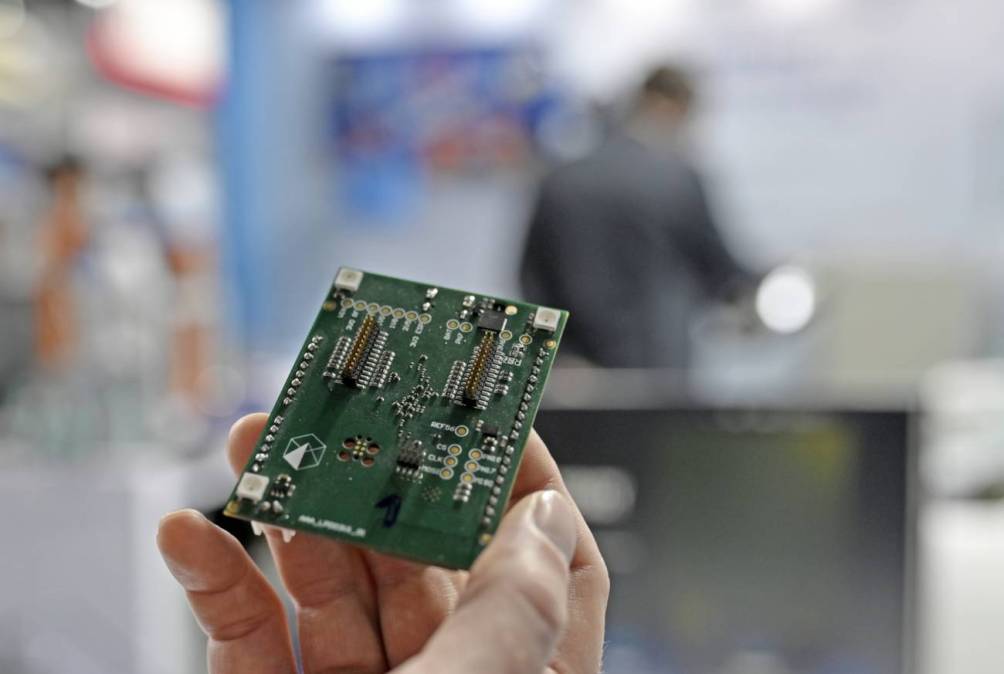University of Arkansas joins DARPA project to develop powerful analog video-analysis circuits

The University of Arkansas has joined a national research team that’s developing technology to track objects on video footage, a Fox news affiliate reported Thursday.
The project, which is led through a Defense Advanced Research Projects Agency contract, could provide as much as $6 million to the university.
Jeff Dix, an assistant professor in the Department of Electrical Engineering and Computer Science, is reportedly leading the work, which involves the development of power-efficient analog circuits that can analyze video signals without the need to convert them to digital formats.
DARPA is aiming to create an analog neural network that is 2,000 times more powerful than today’s technologies, but that can operate with less than one watt of power. The technology would be small enough and power-efficient enough to work on mobile devices.
Other partners on the project include Green Mountain Semiconductor, SRI International and AI Sensation.

